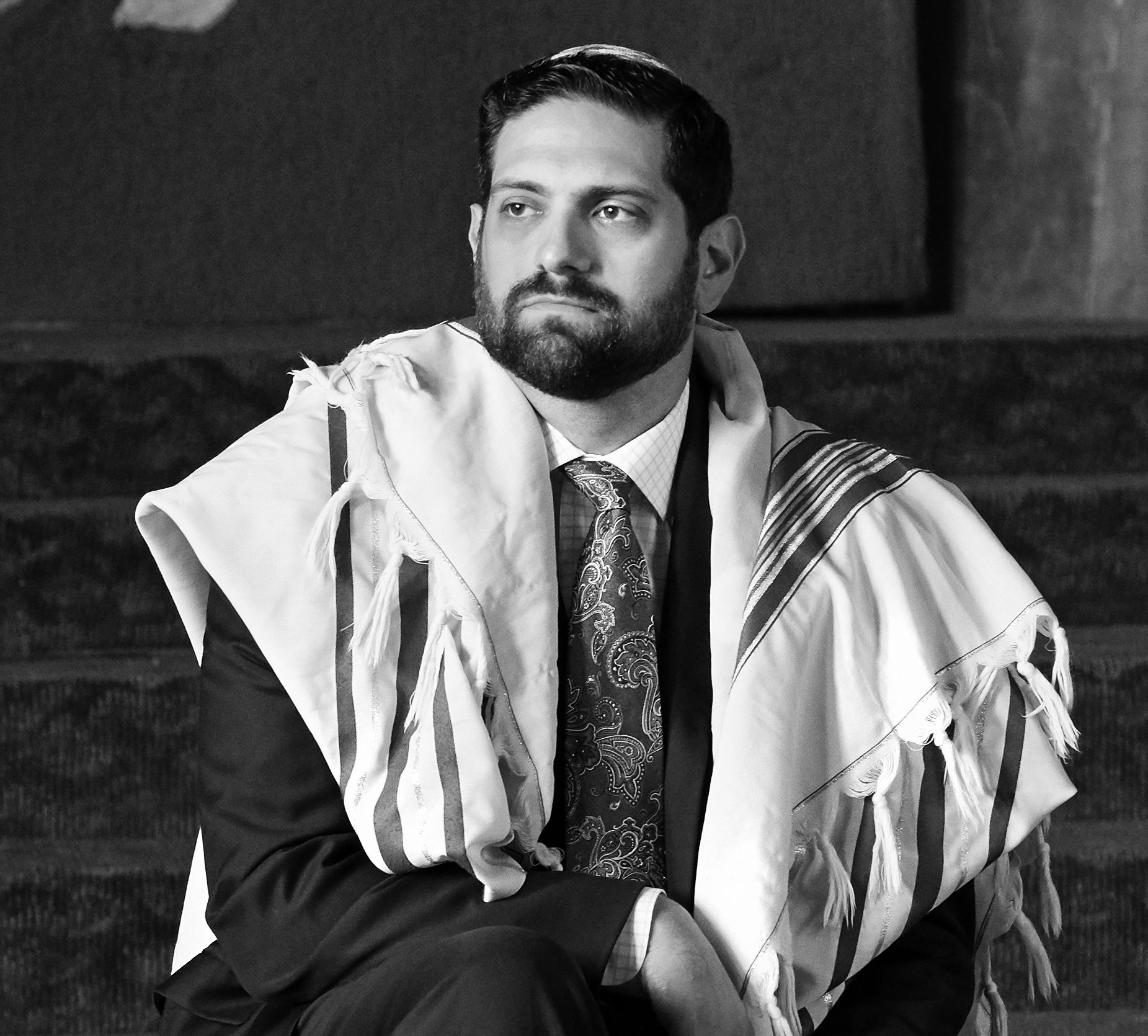This past July, after four years, my family held a dedication of a monument for my deceased uncle. The Jewish tradition is for families to hold a dedication around one-year from a person’s death, however due to a laundry-list of reasons this ritual did not take place until this summer. My uncle passed away during the most hectic time of my life. My wife was in her second trimester with our first child and I was in the midst of a fortunate month of interviewing for my first job out of Rabbinical School. I spent the entire month flying from New York to Minnesota to Maryland to Dallas. But along the way I made an emergency stop in Chicago for my uncle’s funeral. This was the first funeral I ran as a solo officiant and quickly realized that I was on the other side of mourning; helping those around me to heal without allowing myself the proper time to mourn.
I am often faced with this dilemma as a Rabbi; when is it okay for a Rabbi to mourn? Since my placement at Temple of Aaron in St. Paul Minnesota I have done more funerals than I care to count. There were, of course, funerals of individuals I have never met. There were also certain funerals where holding it together for everyone else has not been easy. On a few occasions tears ran down my face during the intake and once where I struggled through the entire introduction of my eulogy. The sorrow can be so overwhelming for the clergy both because of the care for the person lost and from holding in the pain the family was feeling.
My father, a physician, is not nearly as visually emotional as I am. I can count on one-hand how many times I have seen my father in tears. The first time was for a patient who my father felt particularly close to. This patient’s art hung in our home which had very little original art displayed.
Maybe because of my father and because of my own profession I have often wondered if/when it is okay for the Rabbi to mourn. How does a Rabbi bury so many people and not feel pain? Tragically, this summer a young man named Seth Rich was shot and murdered. I have known Seth for many years through the Jewish camping world. While I was not his counselor or particularly close to Seth, his brother was a bunkmate and more recently I befriended his father. For some reason Seth’s passing struck me very hard. Certainly, the way in which he left this world was unsettling, but as a Rabbi I have witnessed tragedy on all levels. Maybe feelings reemerged of a camp friend of mine who passed when I was in High School and I recalled the pain that pulsated through my group of friends. But the more and more I think about why Seth’s passing hit me harder than most was because of the pain being felt in the world right now.
As a strong Zionist I am quick to sympathize and mourn Israeli lives. But in Israel we are often forced to be resilient during mourning. Like a Rabbi, Israelis far too often must hold it together for the collective whole. America in many ways is becoming numb to death. And just maybe the repressed pain of a country poured out from me when we tragically lost Seth. I truly hope that we are not cornered into living in a world where mourning is glanced over. I hope that you will all go into the Holidays, with the most observed Yizkor of the year and truly take the time to mourn those who you have lost. I am not sure it matters how close you were to the person, pain is pain is pain, and everyone deserves the time to process the loss of a loved one. Shedding tears has never been limited to those in one’s immediate family and it’s fair to say we all must cry from time to time.























 More news and opinions than at a Shabbat dinner, right in your inbox.
More news and opinions than at a Shabbat dinner, right in your inbox.